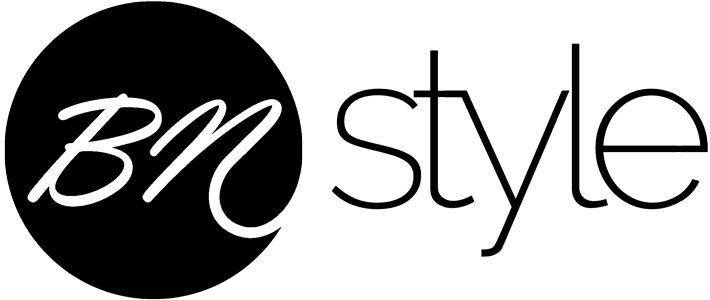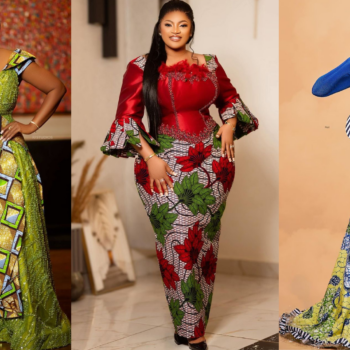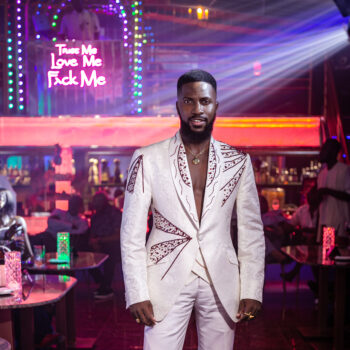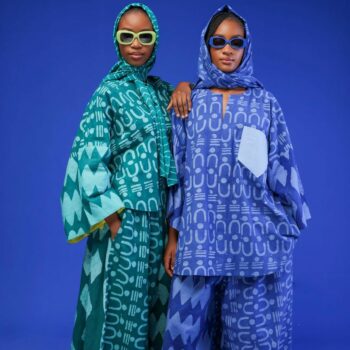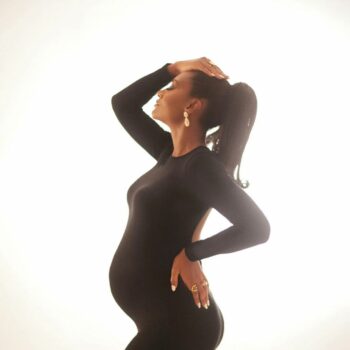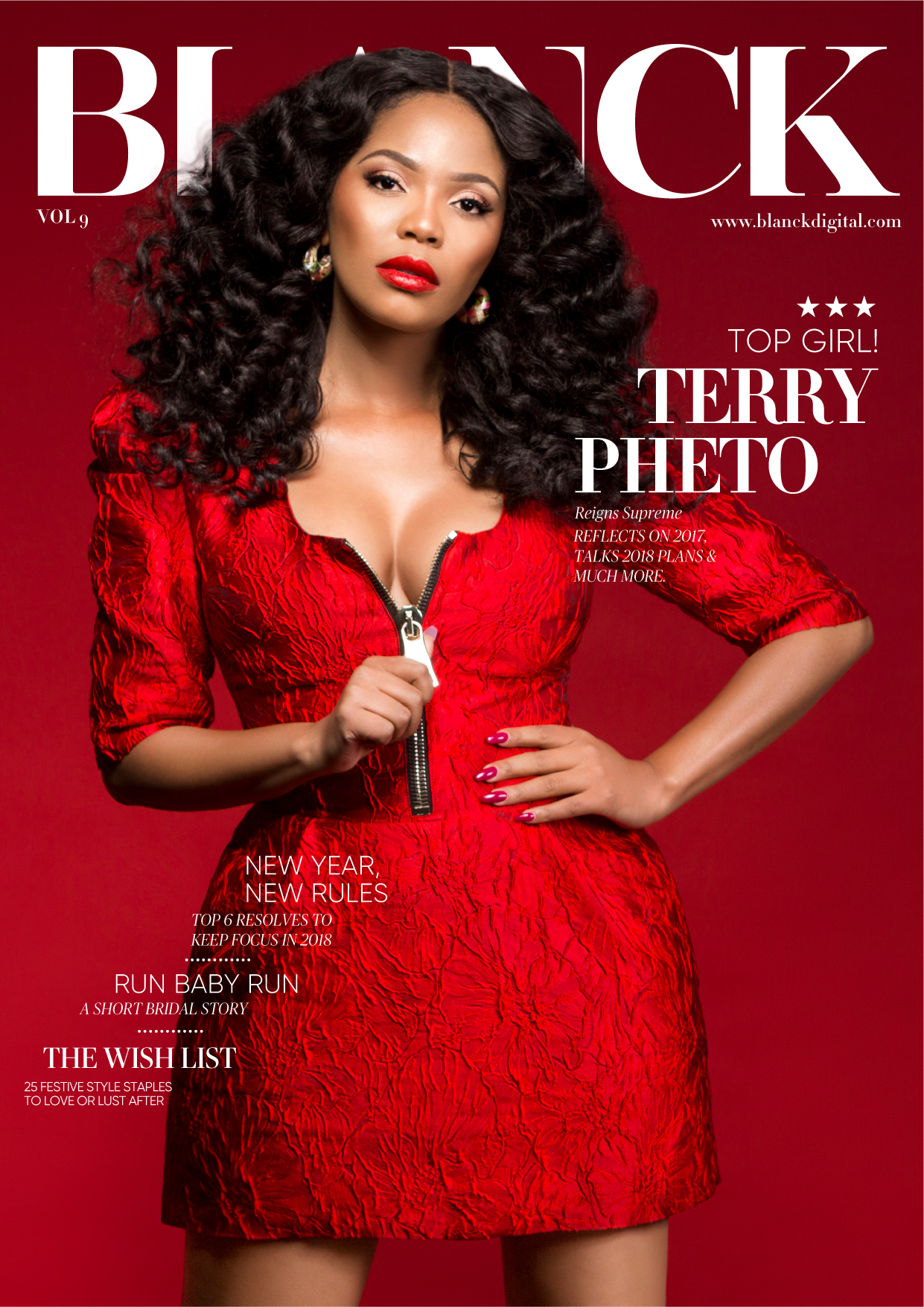
In time for the Christmas and New Year festivities, superstar actress Terry Pheto reflects on 2017, dishes on her 2018 projects, playing Winnie Mandela, sexual harassment and more as she features on two stunning covers for the latest issue of Blanck magazine.
See below some excerpts from her brilliant exchange with Blanck magazine Editor Franka Chiedu.
What would you say has been the greatest challenge you’ve had to face since joining the movie industry?
This is the industry of rejections. It’s like we get rejected daily and once you understand this and know your purpose and your journey and that not everything is for you, then you approach the rejections like you’d do your successes. You learn not to take things personal. I’ve always had that belief that what is meant for me would never pass me if I stay ready and hungry. The industry is somewhat unpredictable- sometimes there are dry seasons where there isn’t anything available to do and at such times, it is easy for people to get discouraged and even contemplate quitting to get a day job.
I care about longevity and as an actor, you must reach a certain stage where you make sure that you oversee your career. If you’re a writer you write, or you commission a writer because there aren’t a lot of characters that are written for women in the leading roles especially black women. So you’re always getting supporting roles or smaller roles. You’re always either someone’s wife or girlfriend. So, when there’s a big role, you all want it and not everyone will get it, so you must be prepared for all of that and those are some of the challenges. For me, it’s like dealing with the rejections and the rest is business. If you can just control your heart and protect it and focus on “the why” you started, then you know you’ll never have to stop.
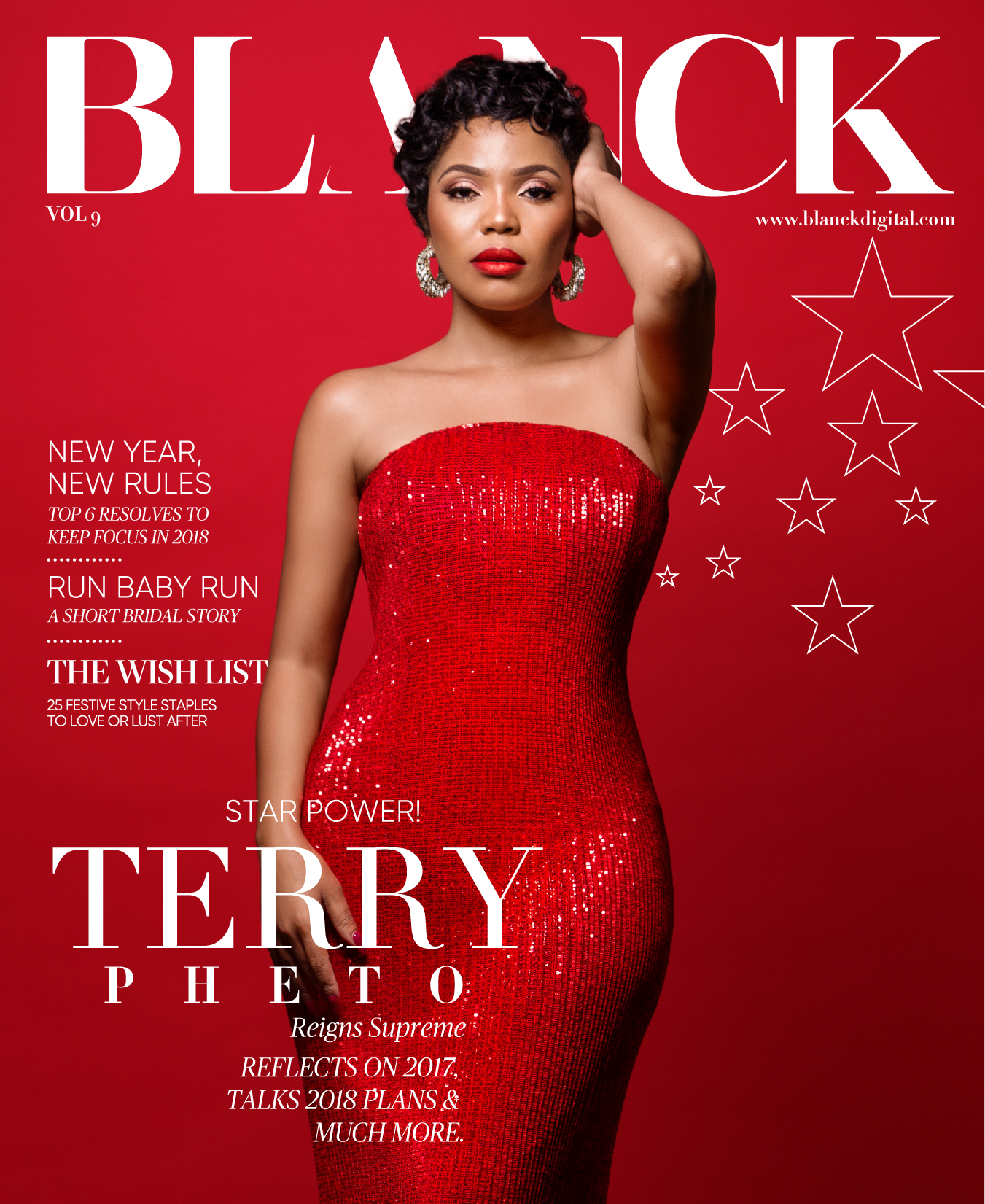
There are so many socially conscious issues that are getting attention now, issues like racism, inequality, women empowerment, body shaming, loving your black skin, slavery in Libya, colourism, sexual harassment and more. Which of these socially conscious issues affect you more and which one are you keen to talk about?
I think I’m affected by all of them, honestly. I’m a woman with a size that is not considered as Hollywood’s standard of beauty. I have curves and shaped like an African woman. So, the issue of body shaming affects me. I’m a black woman and sometimes you must deal with the fact that you are not black enough because you are a fairer shade.
That’s great to hear because I’ve never really heard anyone speak up for lighter skinned African women. We mostly have slogans like, melanin popping and the likes -then I pause and think what about people that are not so dark (laughs)
Exactly! I’m not dark, but my hair is so African add my flat nose too (laughs). Personally, I’m affected by all these issues; everything that you’ve just mentioned. I’m an actor who also works in foreign countries, whether it is immigration laws, sexual harassment for women, these affect me as well. It might not be me each time but, it may just be someone I know- so, I must work with my eyes wide open. It’s scary to be a woman and it’s scarier being a black woman. It feels like the world is always trying to tell you who to be and who not to be. And it does not happen with any other human being other than the black woman.
So, we have two strikes against us. It’s either your lips are too big, your nose is too flat, you’re too dark, you’re too light, you’re wearing fake hair, that’s not your real hair, or your hair is bothering us because it doesn’t work for this role. If it’s not one thing it’s the other.
To read full issue, order Print or digital copy visit www.blanckdigital.com
Cover Credits
PR Manager: Sheila Afari
Assistant: Jackie Ogwang
Photographer: Xavier Saer
Videographer: Lansana Hassan Konate
Set Runner: Dithoriso Neeuwfan
Designer: Thula Sindi
Stylist: Kwena Baloyi
Makeup: Beverly Mushwana
Hairstylist: Amanda Msani
Interview: Franka Chiedu
